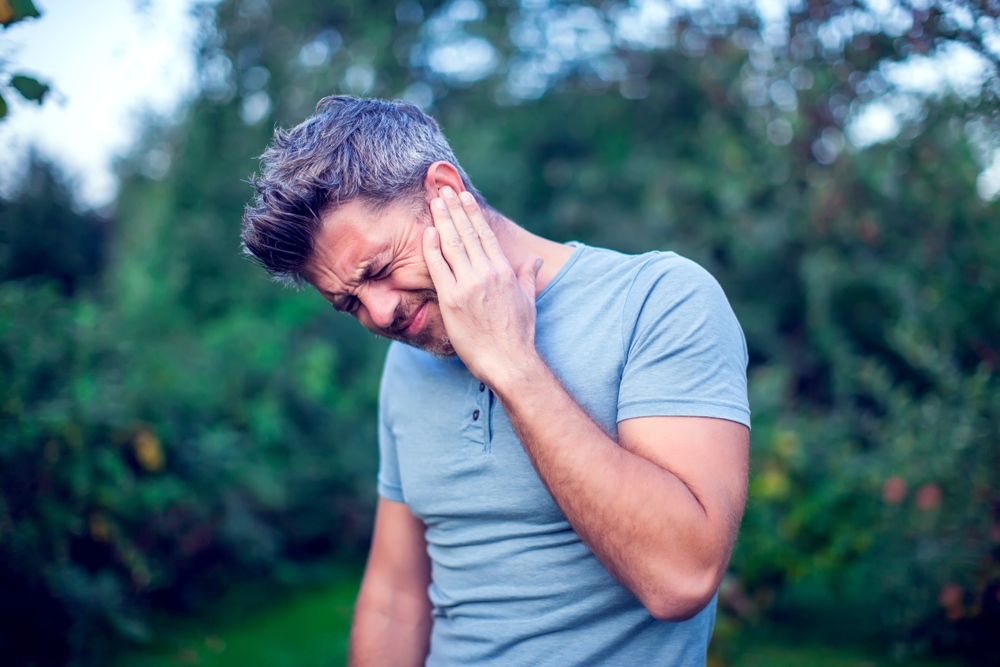 Summer is filled with unforgettable sounds: children laughing, waves crashing, fireworks bursting in the sky. But not all summer sounds are harmless. Some of the most common seasonal noises can cause lasting hearing damage, often without any immediate symptoms.
Summer is filled with unforgettable sounds: children laughing, waves crashing, fireworks bursting in the sky. But not all summer sounds are harmless. Some of the most common seasonal noises can cause lasting hearing damage, often without any immediate symptoms.
At Eldorado Hearing, we often see patients during or after the summer months reporting a sudden change in hearing, a new ringing sensation, or increased difficulty in conversation. The culprit? Exposure to loud, unprotected noise from common summer activities.
In this article, we’ll break down the top five summer sounds that can harm your hearing and what steps you can take to protect your ears.
1. Fireworks (120–155 dB)
Nothing says summer like a fireworks show, but the average firework explodes at 150 decibels, which is well above the safe limit for human ears. Even brief exposure to that level of sound can cause immediate hearing damage, especially in children or older adults with existing hearing loss.
How to protect your hearing:
- Stand at least 500 feet from the launch site.
- Use foam or custom-fit earplugs ,available from Eldorado Hearing.
- Keep young children well away from large displays or use earmuff-style protection.
2. Outdoor Concerts and Music Festivals (95–110 dB)
Summer music events can last hours and expose your ears to dangerous sound levels for extended periods. Prolonged exposure above 85 decibels can cause permanent hearing loss, and many live concerts easily exceed 100 dB.
Tips to stay safe:
- Bring reusable high-fidelity earplugs that reduce volume without muffling sound.
- Position yourself away from speakers or amplifiers.
- Take breaks in quieter areas to let your ears recover.
3. Lawn Equipment and Power Tools (90–110 dB)
Summertime yard work is a part of many households’ weekly routine, but the tools that keep your property looking great can pose a serious threat to your hearing health. Lawnmowers, leaf blowers, hedge trimmers, and chainsaws routinely operate at 90 to 110 decibels—well above the 85 dB threshold where prolonged exposure begins to cause noise-induced hearing loss (NIHL).
What makes this risk particularly dangerous is that most people don’t notice the damage until it’s too late. Unlike sudden trauma, hearing loss from power tools tends to occur gradually over time. After just 30 minutes of unprotected use, you may already be harming the delicate hair cells inside your inner ear, which do not regenerate.
To protect your hearing while using yard equipment:
- Wear over-the-ear earmuffs or insert-style earplugs that are noise-rated for industrial or landscaping use. Look for an NRR (Noise Reduction Rating) of 25 or higher.
- Limit your exposure by taking breaks and alternating tasks to reduce continuous sound exposure. For instance, mow one section of the lawn, then take 10–15 minutes away from the noise before continuing.
- Avoid operating multiple loud tools at the same time, which can compound noise levels well beyond safe limits.
- Be mindful of those around you, especially children, who may wander close while equipment is running. Their ears are more sensitive, and hearing loss can occur even faster in younger individuals.
Investing in the right hearing protection not only preserves your hearing but also helps prevent tinnitus, a ringing or buzzing in the ears that can follow repeated exposure to loud environments. At El Dorado Hearing, we can recommend custom-fit earplugs or earmuffs suited for yard work, especially for those already managing hearing loss or using hearing aids.
4. Boating and Jet Skis (85–105 dB)
Boats and watercraft are part of summer fun, but their engines can be very loud, especially when echoing across water. Add in wind noise and shouting over engines, and your ears take a beating.
Prevent hearing strain:
- Wear noise-reducing earbuds designed for sports or boating.
- Use visual cues to communicate (like hand signals).
- Avoid sitting close to the engine or motor during operation.
5. Sporting Events and Car Races (100–140 dB)
From baseball games to auto races, the stadium roar can reach ear-damaging decibel levels, often without you realizing it. Sudden bursts of crowd noise, buzzer systems, and speaker announcements can all contribute to hearing fatigue or damage.
Plan ahead:
- Bring protective earplugs to any large event.
- Use apps that measure environmental sound levels so you know when it’s too loud.
- Sit farther back from loudspeakers or cheering sections.
Why Summer Hearing Loss Often Goes Unnoticed
Unlike a sudden injury, noise-induced hearing loss is usually gradual, making it harder to detect. It often starts with muffled sounds, difficulty hearing in background noise, or ringing in the ears (tinnitus). Many people assume it’s just part of getting older, when in fact it’s preventable.
Protecting your hearing doesn’t mean missing out on summer, it means making smart choices so you can enjoy the season for years to come.
Let El Dorado Hearing Help You Protect What Matters
Our team offers:
- Custom ear protection for concerts, fireworks, yard work, and water sports
- Hearing evaluations to catch early signs of hearing damage
- Professional guidance for summer hearing care
Don’t let loud summer sounds take away your hearing. Visit eldoradohearing.com or call us today to schedule a seasonal check-up. Enjoy every sound of summer, safely.



Leave a Reply